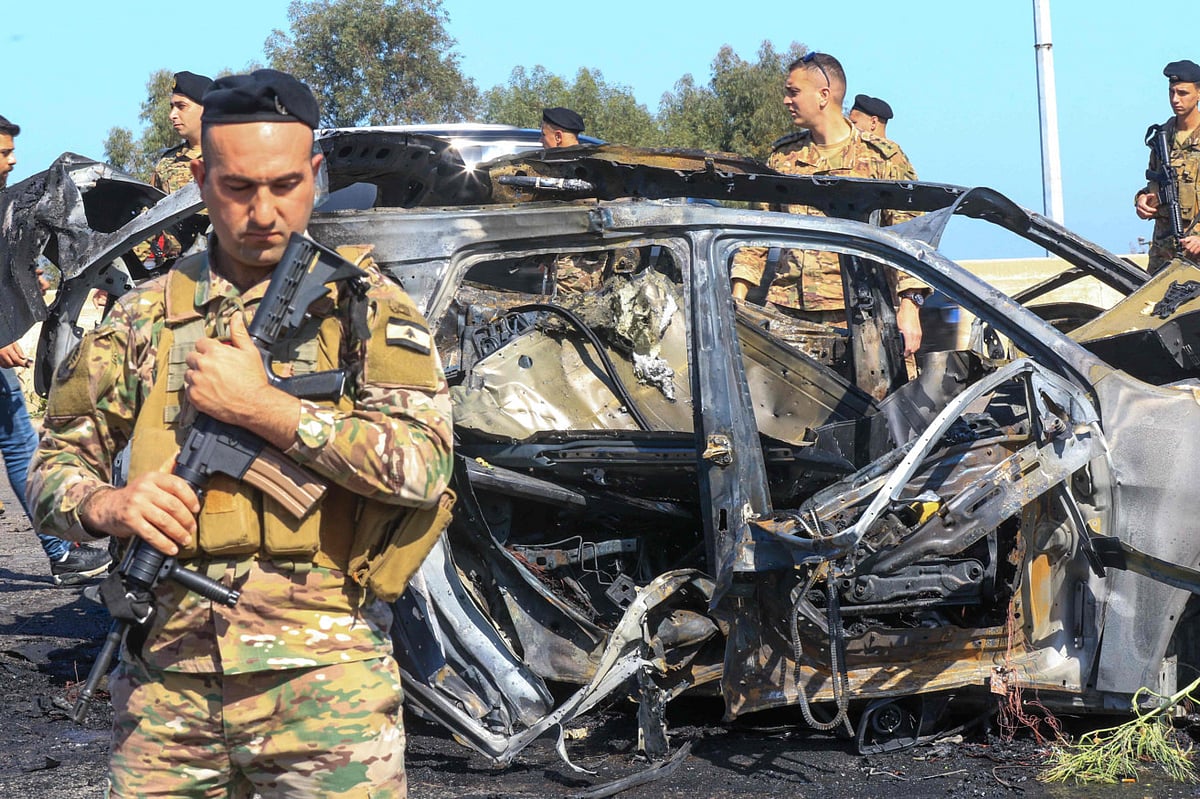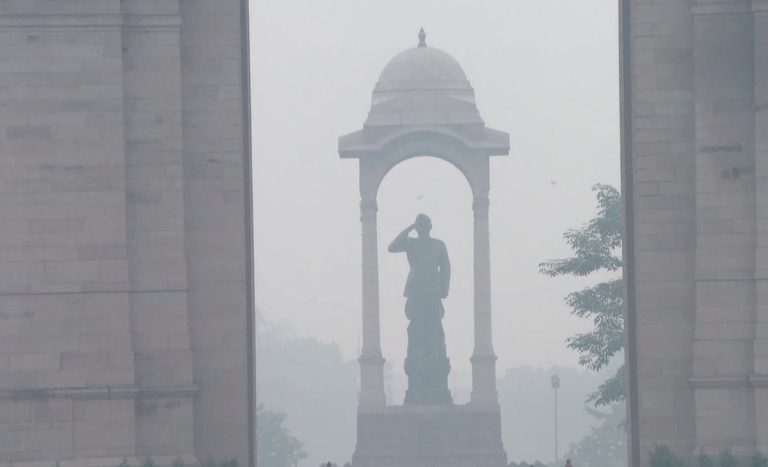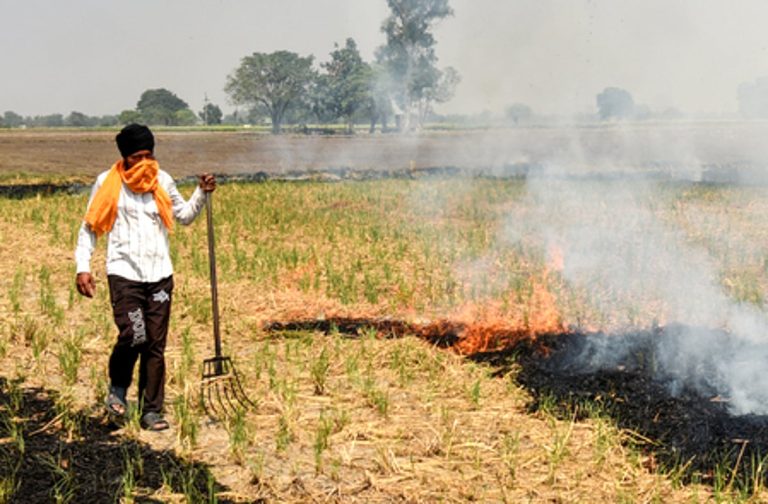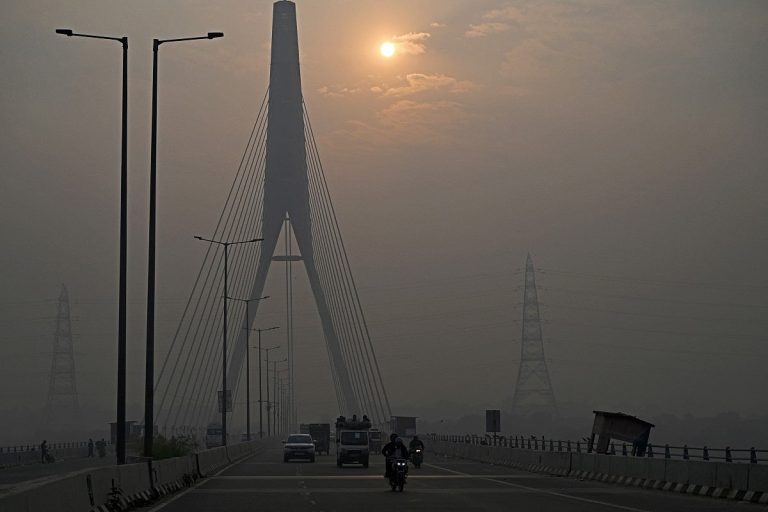Israel Intensifies Airstrikes in Lebanon Amid Ceasefire Tens
In the wake of a fragile ceasefire in Gaza, Israel has intensified its airstrikes in southern Lebanon, nearly a year after a truce was established there. This ongoing conflict raises concerns about the stability of the region and the implications for future ceasefires.
Recent Developments in Lebanon
On October 11, 2025, Israeli airstrikes targeted a construction business in Lebanon, resulting in the death of a Syrian passerby and injuries to seven others, including two women. The strikes destroyed significant amounts of construction equipment, valued at millions of dollars. This incident highlights a troubling trend: despite the ceasefire established on November 27, 2024, Israeli military actions in Lebanon have continued almost daily.
The Context of the Ceasefire
The ceasefire agreement, brokered by the United States, aimed to halt hostilities between Israel and Hezbollah, which had escalated following the Hamas-led attack on Israel on October 7, 2023. This conflict saw Hezbollah launching rockets into Israel in solidarity with Hamas, prompting a fierce Israeli military response. The ceasefire was intended to allow both sides to act in self-defense, but its enforcement has proven ambiguous.
Israel’s Justification for Strikes
Israel maintains that its military operations target Hezbollah militants and infrastructure to prevent the group from rebuilding its capabilities. The Israeli military claims that the strikes are necessary to protect its national security interests. However, Lebanese officials argue that these actions often result in civilian casualties and damage to non-military infrastructure, complicating efforts to disarm Hezbollah.
Civilian Impact and Casualties
Since the ceasefire, Lebanon’s health ministry has reported over 270 fatalities and approximately 850 injuries due to Israeli military actions. The UN human rights office has confirmed that at least 107 of those killed were civilians. In contrast, no Israeli casualties have been reported from fire originating in Lebanon since the ceasefire began. This disparity raises questions about the proportionality and legality of Israel’s military responses.
Monitoring and Reporting Violations
The ceasefire agreement allows both Israel and Lebanon to report alleged violations to a monitoring committee comprising representatives from the US, France, Israel, Lebanon, and the UN peacekeeping force, UNIFIL. However, the enforcement mechanisms remain vague, leading Israel to largely take matters into its own hands. UNIFIL has recorded approximately 950 projectiles fired from Israel into Lebanon and 100 Israeli airstrikes since the ceasefire, alongside 21 projectiles fired from Lebanon toward Israel.
Reactions from Lebanese Officials
Lebanese President Joseph Aoun condemned the recent airstrikes as blatant aggression against civilian facilities, while Parliament Speaker Nabih Berri accused Israel of obstructing reconstruction efforts in Lebanon. The owner of the targeted construction business expressed confusion over the strikes, emphasizing that his business served a diverse clientele from various sects in Lebanon.
The Broader Implications for Hezbollah
The ongoing conflict has significant implications for Hezbollah, which was formed in 1982 with Iranian support to combat Israeli occupation. The group has historically maintained a deterrent posture against Israel, but recent events have altered this dynamic. Analysts suggest that Hezbollah’s deterrence has been weakened, leading to a more aggressive Israeli military stance.
Hezbollah’s Response and Future Outlook
Despite the ongoing Israeli strikes, Hezbollah has refrained from retaliating directly, focusing instead on urging the Lebanese government to take diplomatic action against Israel. Hezbollah political official Mohammad Fneish stated that the current situation is unacceptable, but the group is weighing its options carefully. Analysts believe that without significant diplomatic breakthroughs, the status quo in Lebanon is unlikely to change.
FAQs
What triggered the recent airstrikes by Israel in Lebanon?
The airstrikes were part of Israel’s ongoing military operations against Hezbollah, which Israel claims are necessary to prevent the group from rebuilding its capabilities following the ceasefire established in November 2024.
How has the ceasefire impacted civilian life in Lebanon?
The ceasefire has not halted Israeli military actions, leading to significant civilian casualties and damage to infrastructure. Reports indicate over 270 deaths and around 850 injuries since the ceasefire began.
What role does the international community play in monitoring the ceasefire?
The ceasefire agreement includes a monitoring committee with representatives from the US, France, Israel, Lebanon, and UNIFIL. However, the enforcement of the ceasefire remains ambiguous, with Israel largely acting independently in its military responses.
Conclusion
The situation in Lebanon remains precarious, with ongoing Israeli airstrikes complicating the fragile ceasefire established nearly a year ago. As both sides navigate this tense landscape, the potential for further conflict looms, underscoring the need for renewed diplomatic efforts to achieve lasting peace in the region.
Also Read:
Gaza Aid Suspended Amid Renewed Ceasefire Violations







